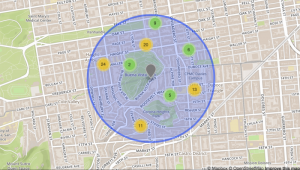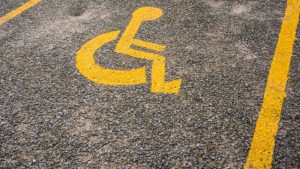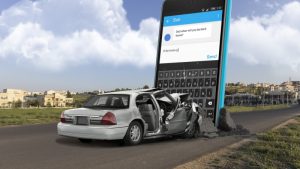The Vancouver Clinic in Washington has started integrating patients’ genetic information into their Epic EHRs, providing decision support, increasing personalized care/therapies, and better managing hereditary risks.
Pittsburgh Public Works improved efficiency and saved the city money through sensor-equipped trash cans.
Massachusetts Gov. Charlie Baker recently announced a $5 million matching grant from the Massachusetts Technology Collaborative (MassTech) to Worcester Polytechnic Institute to will help support the launch of a new health care research initiative called PracticePoint at WPI.
San Francisco has adjusted its open data portal to make it easier for residents to view crime statistics geographically.
Microsoft announced the launch of its Smart Cities for All Toolkit, a guide that helps city leaders combine technology and smart city initiatives to benefit their citizens, with a particular focus on residents with a disability.
Coming out of a Smart Cities Council Grant win in February, the city of Austin recently hosted a full-day readiness workshop with city leaders, staff, and key community members to tackle issues of housing, mobility, and economic development for the city’s underserved communities.
Police helicopters flying above San Diego are now equipped with Internet capabilities. The San Diego Police Department uses its Airborne Law Enforcement helicopter fleet to protect residents; however, helicopters were previously unable to access the department’s computer-aided dispatch system. This system gives officers real-time information about evolving incidents.
Constituents of Oakland County, Mich., will use new electronic voting machines when they cast their ballots in the municipal primaries in August.
Chicagoans now have a one-stop shop for discovering which restaurants have outdoor seating, where TV shows are filming in the city, and restaurant health inspection results–a newly redesigned open data portal.
Chicago legislators urged the Chicago Police Department last week to consider using a device capable of detecting if motorists have been texting in cases that involve injury-related traffic accidents. Law enforcement officials would use the “Textalyzer” to scan a driver’s cellphone to determine if it was used to receive or send text messages during or just prior to a collision.














